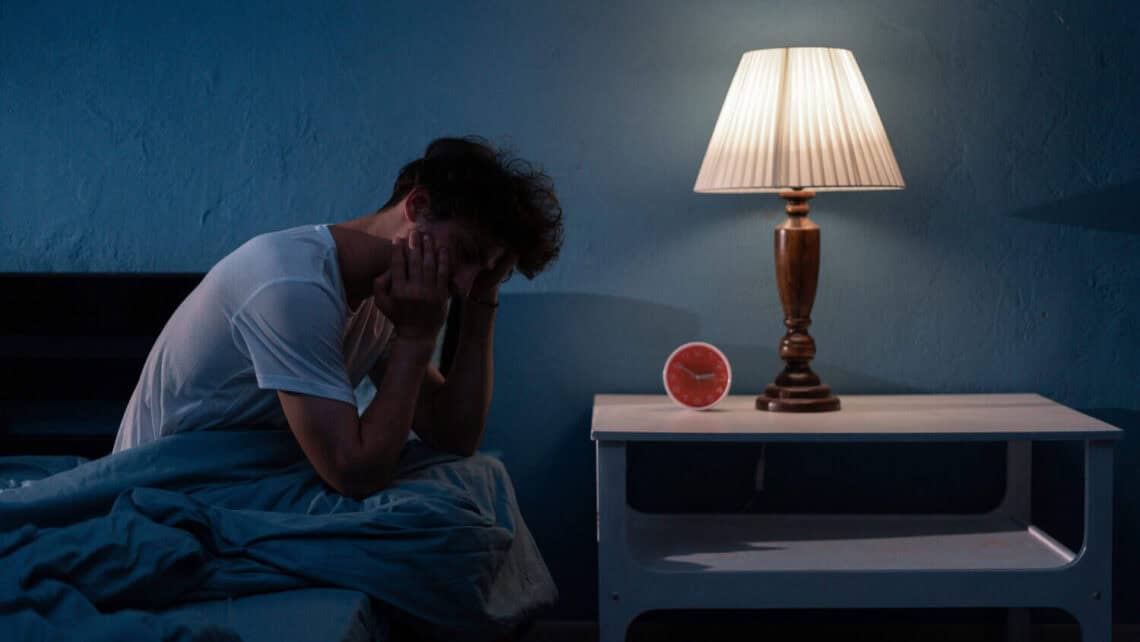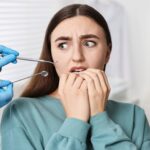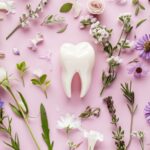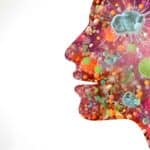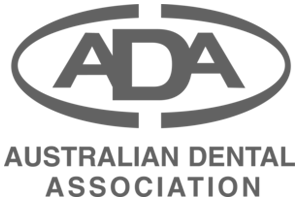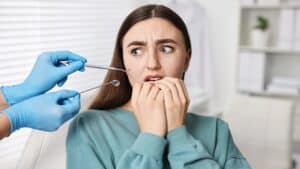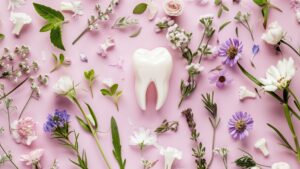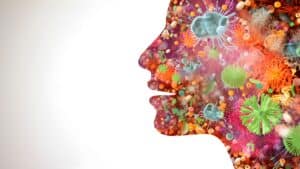You know that feeling when you have a good sleep? You wake up feeling refreshed, ready to tackle the day, and your mouth feels, well, normal. But what if you wake up feeling like you have gone ten rounds with a boxing kangaroo, your mouth is drier than the Simpson Desert, and your teeth ache? You might be thinking, “What’s going on?” Well, it could be your sleep apnea.
Sleep disorders can do more than just make you feel like a zombie during the day. They can wreak havoc on your oral health in ways you might not have even considered. So, let’s dive into the interesting and sometimes downright scary, world of sleep disorders and what they can do to your teeth and gums.
What is Sleep Apnea?
Sleep apnea is a condition where your breathing repeatedly stops and starts during sleep. The most common type is obstructive sleep apnea (OSA), where the muscles in your throat relax, causing your airway to become blocked. This can lead to a whole host of problems, from daytime sleepiness to serious health issues like heart disease. But what about your teeth?
How Do Sleep Disorders Affect My Teeth and Gums?
Sleep apnea, and other sleep disorders, can create a perfect storm of conditions that are bad news for your oral health.
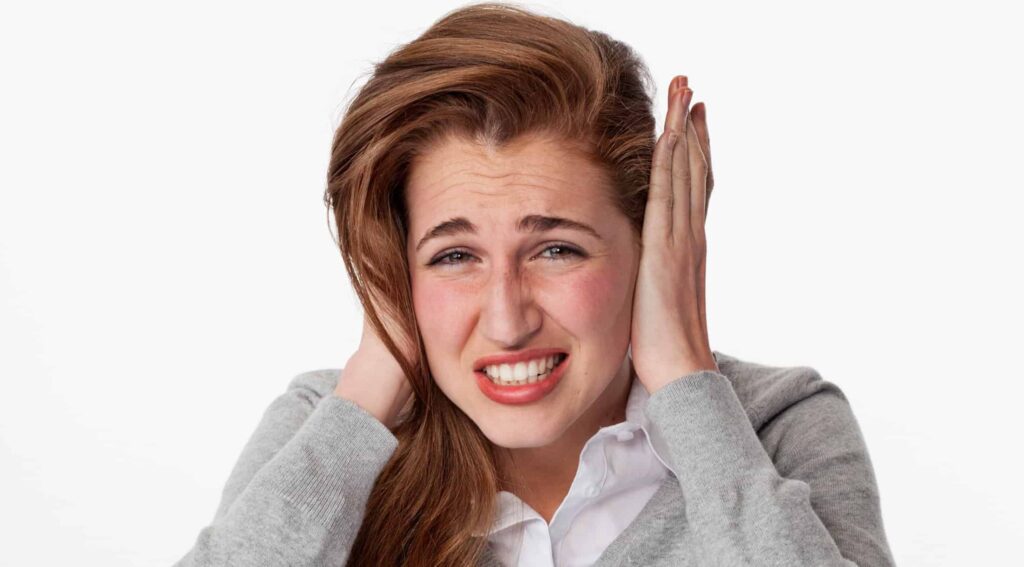
1. Dry Mouth (Xerostomia)
One of the biggest culprits of sleep apnea is dry mouth, or xerostomia. Saliva is the hero of your mouth, washing away food particles, neutralising acids produced by bacteria, and helping to remineralise your teeth. But sleep apnea often leads to mouth breathing, which dries up your saliva faster than it is produced.
- How does insomnia affect saliva production and oral health? Insomnia can also contribute to dry mouth. When you are not sleeping properly, your body’s systems can go out of whack, affecting saliva production
- Why is dry mouth a problem? A dry mouth is a breeding ground for bacteria. Without enough saliva to wash them away, these bacteria can multiply, increasing your risk of tooth decay, gum disease, and bad breath
2. Teeth Grinding (Bruxism)
Another common issue of sleep apnea is bruxism, or teeth grinding. This is when you clench or grind your teeth, usually unconsciously while you are asleep.
- Can teeth grinding be a sign of a sleep problem? While stress and anxiety can also cause bruxism, it is very often associated with sleep apnea. The disruptions in your sleep caused by apnea can trigger your jaw muscles to go into overdrive
- The damage it causes: Teeth grinding can wear down your tooth enamel, causing sensitivity, cracks, and even fractures. It can also lead to jaw pain, headaches, and temporomandibular joint (TMJ) disorders
3. Gum Disease (Periodontal Disease)
The increased bacteria and inflammation caused by dry mouth and teeth grinding can also contribute to gum disease.
- The link to sleep apnea: Studies have shown a strong link between sleep apnea and gum disease. The inflammation associated with sleep apnea may make your gums more susceptible to infection
- The consequences: Gum disease starts as gingivitis, with symptoms like red, swollen, and bleeding gums. If left untreated, it can progress to periodontitis, which can lead to tooth loss and even affect your overall health
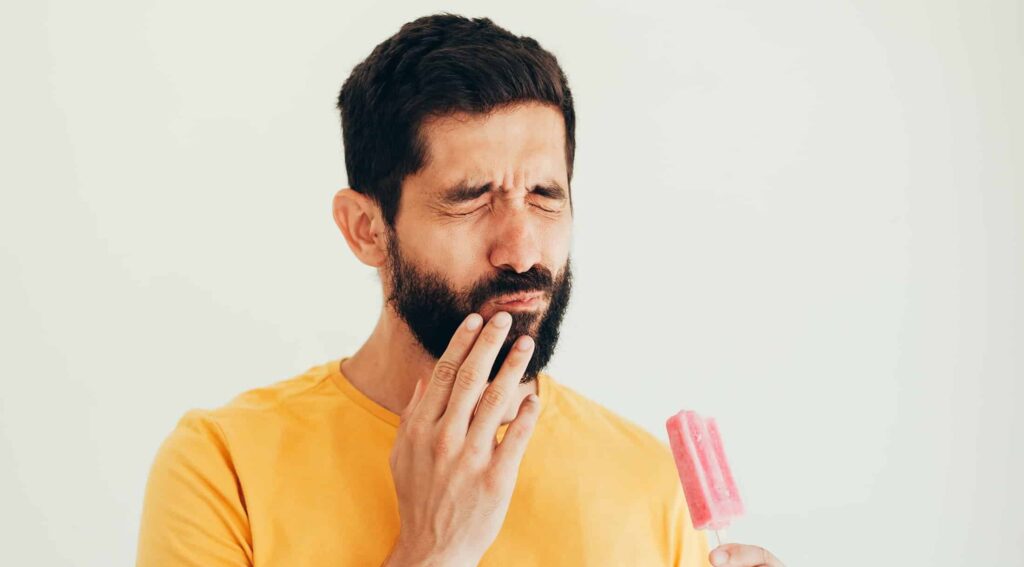
4. Snoring
Apart from being a nuisance, snoring often a sign of underlying sleep-disordered breathing. Snoring by itself does not directly damage your teeth, but it can contribute to dry mouth.
- Snoring and mouth breathing: Snoring often involves breathing through your mouth, which is a major cause of dry mouth
- The bigger picture: If you are a chronic snorer, it is worth getting checked for sleep apnea. Addressing the apnea can improve your sleep and your oral health
How Can You Protect Your Teeth?
What can you do to protect your teeth if you have sleep apnea? Here are a few tips:
- Treat your sleep apnea: The most important thing is to address the underlying sleep disorder. Talk to your doctor about treatment options like continuous positive airway pressure (CPAP) therapy
- Maintain good oral hygiene: Brush your teeth twice a day, floss daily, and use a fluoride toothpaste
- Stay hydrated: Drink plenty of water throughout the day, especially before bed
- Use a humidifier: A humidifier in your bedroom can help to keep your mouth moist while you sleep
- Talk to your dentist: Let your dentist know about your sleep apnea. They can recommend specific products and treatments to help protect your teeth and gums
- Regular dental check-ups: See your dentist regularly for check-ups and cleanings
Sleep apnea is a serious condition that can have a significant impact on your oral health. By understanding the risks and taking steps to protect your teeth, you can ensure a healthy smile for years to come. And remember, if you’re waking up feeling like you have gone ten rounds with a boxing kangaroo, it’s probably worth getting it checked out.
References
Sleep Foundation: https://www.sleepfoundation.org/
Australian Dental Association: https://www.ada.org.au/
American Academy of Sleep Medicine: https://aasm.org/
National Institute of Dental and Craniofacial Research: https://www.nidcr.nih.gov/
Want to book an appointment?
Book online by clicking here. Call our friendly team on 3390 6100 or email us.

